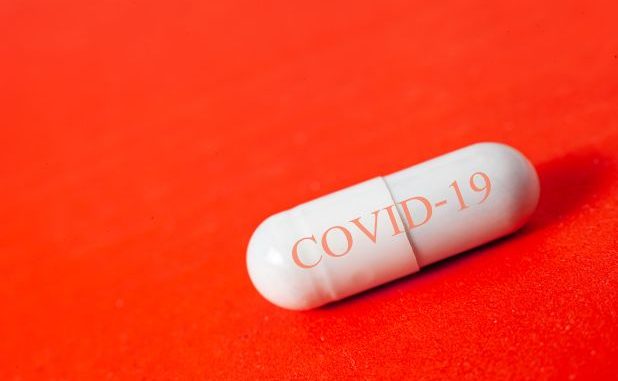
In the absence of any specific treatment for COVID-19, many hospitals in the affected countries are currently using anti-malaria drug hydroxychloroquine (HCQ) as first-line therapy for COVID-19 patients. Numerous clinical trials are also underway to test the efficacy of Hydroxychloroquine on frontline health workers and caregiver dealing with COVID-19 patients. However, there’s has been mixed, anecdotal evidence to support its use against COVID-19.
On Saturday, the Indian Council of Medical Research (ICMR) said that there is scant evidence to recommend this drug for the use of the general public. The Head of Epidemiology and Communicable diseases at ICMR, Raman R Gangakhedkar, said that its study has not reached the stage where a conclusion can be drawn from the results. He insisted that the duration of exposure has to be long enough otherwise it is difficult to arrive at a conclusion.
According to a statement released by ICMR, a total of 1,79,374 samples from 1,64,773 individuals have been tested in India till April 11 9 p.m., and 7,703 of them have tested positive.
On Saturday itself, 17,143 samples were tested, of these 600 were found positive for SARS-CoV-2. These samples have been tested in 146 government laboratories under the ICMR network and the remaining at 67 private labs.
HCQ trial for COVID-19 begins the US
Amid political debate, the US National Institutes of Health on Thursday began a clinical trial to treat adult COVID-19 patients with hydroxychloroquine.
The NIH’s trial aims to enrol 500 adult patients with COVID-19 who have been hospitalized or are receiving emergency care and are expected to be admitted to a hospital. The researchers will give the patients two doses of hydroxychloroquine per day for five days. The first patients were enrolled at Vanderbilt University Medical Center in Nashville.
Despite a lack of evidence for its effectiveness against the new coronavirus, US President Donald Trump has been repeatedly promoting this drug as a promising treatment against COVID-19. Last month, Trump tweeted that a combination treatment of hydroxychloroquine and the antibiotic azithromycin “have a real chance to be one of the biggest game changers in the history of medicine.” In another tweet, he added that he is hoping they will “be put in use IMMEDIATELY.”

Risks of using anti-malaria drugs
While there is no clear evidence that malaria drugs hydroxychloroquine and chloroquine help fight off COVID-19 infection, the risks associated with the drugs are clear. These drugs may lead to side effects such as headaches, vomiting, rashes, loss of vision (retinopathy), seizures, hypoglycemia, heart arrhythmias, and deadly heart damage. They may also pose more risks in patients with underlying health conditions, such as diabetes and liver disease.
The NIH trial is one of the dozens of studies trying to get solid data on the use of hydroxychloroquine and chloroquine for COVID-19. The World Health Organization has also orchestrated an international trial, called the Solidarity trial, to test the drugs, as well as three other candidate treatments.
Hydroxychloroquine is also currently used to treat auto immune disorders such as rheumatoid arthritis and lupus.
In previous studies, the drug has demonstrated antiviral activity, an ability to modify the activity of the immune system. Researchers have high hopes that it may also be useful in the treatment of COVID-19.
